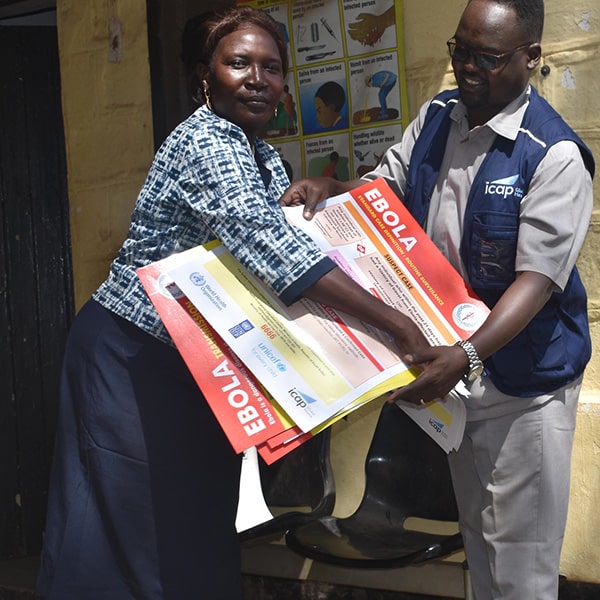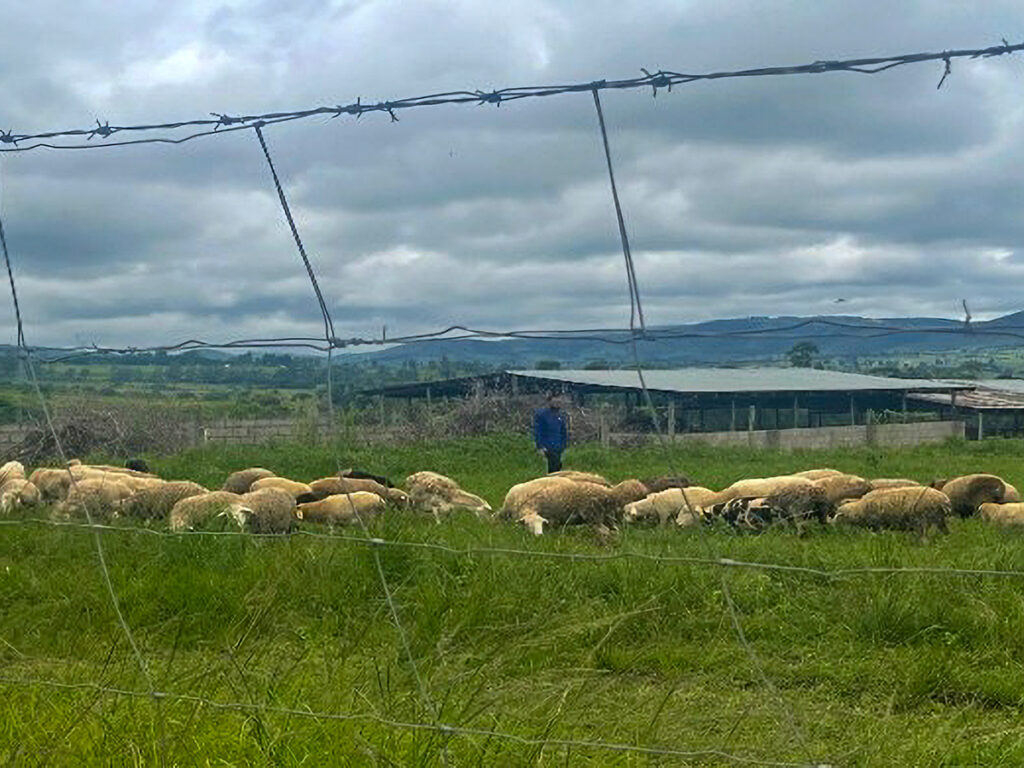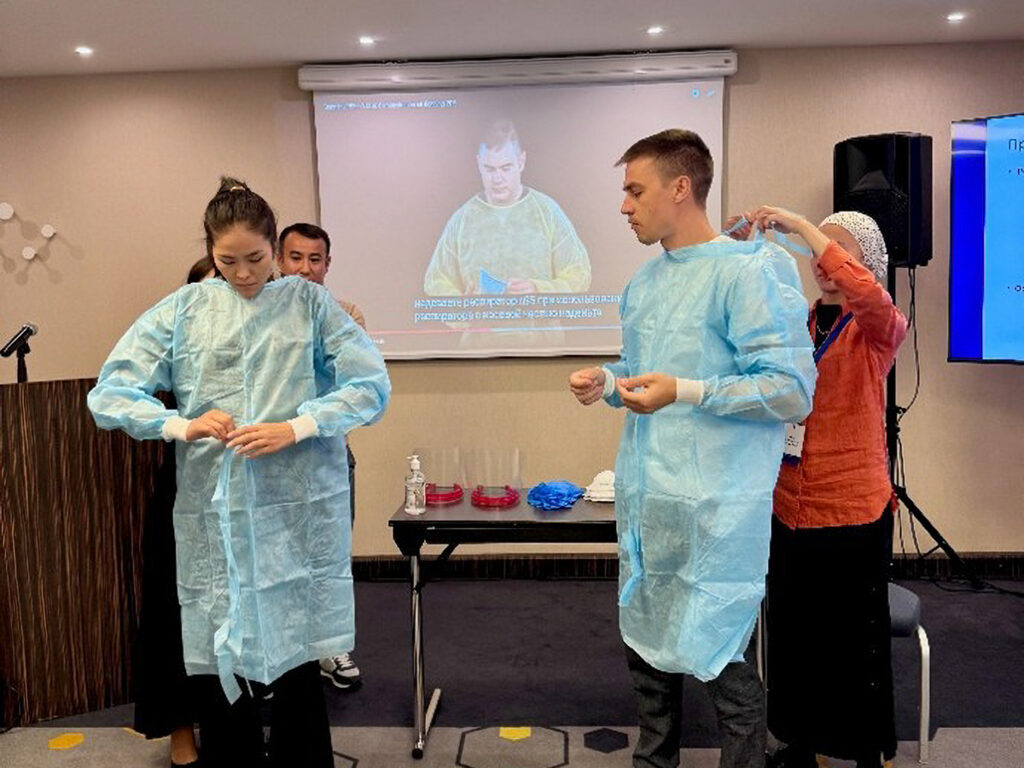Ebola
Ebola
In 2014, West Africa faced the largest health emergency in its history with the rapid community spread of Ebola Virus Disease, a virus that is highly transmissible and causes a life-threatening hemorrhagic fever. The Ebola epidemic that raged in Sierra Leone, Guinea, and Liberia between 2014–2016 killed thousands of people, ravaging health systems, and crippling economies.
While many factors contributed to the community spread of Ebola, a lack of adequate infection prevention and control practices, or IPC, led to the high proportion of infected medical staff. These included the absence of appropriate triage procedures; insufficient access to personal protective equipment and other needed supplies; and inadequate infection controls, including basic hygiene practices.

At the height of the epidemic in Sierra Leone, ICAP provided rapid assessments of community care centers in severely impacted districts and conducted interviews with national and regional stakeholders that provided critical insight into their effectiveness of the country’s public health response to this devastating health emergency.
Nearly a decade later, Ebola outbreaks continue to threaten populations on a recurring basis in regions of Africa and – through innovative health care worker training and health systems strengthening projects – ICAP continues to bring its expertise to bear to support those in the path of this virulent threat.






